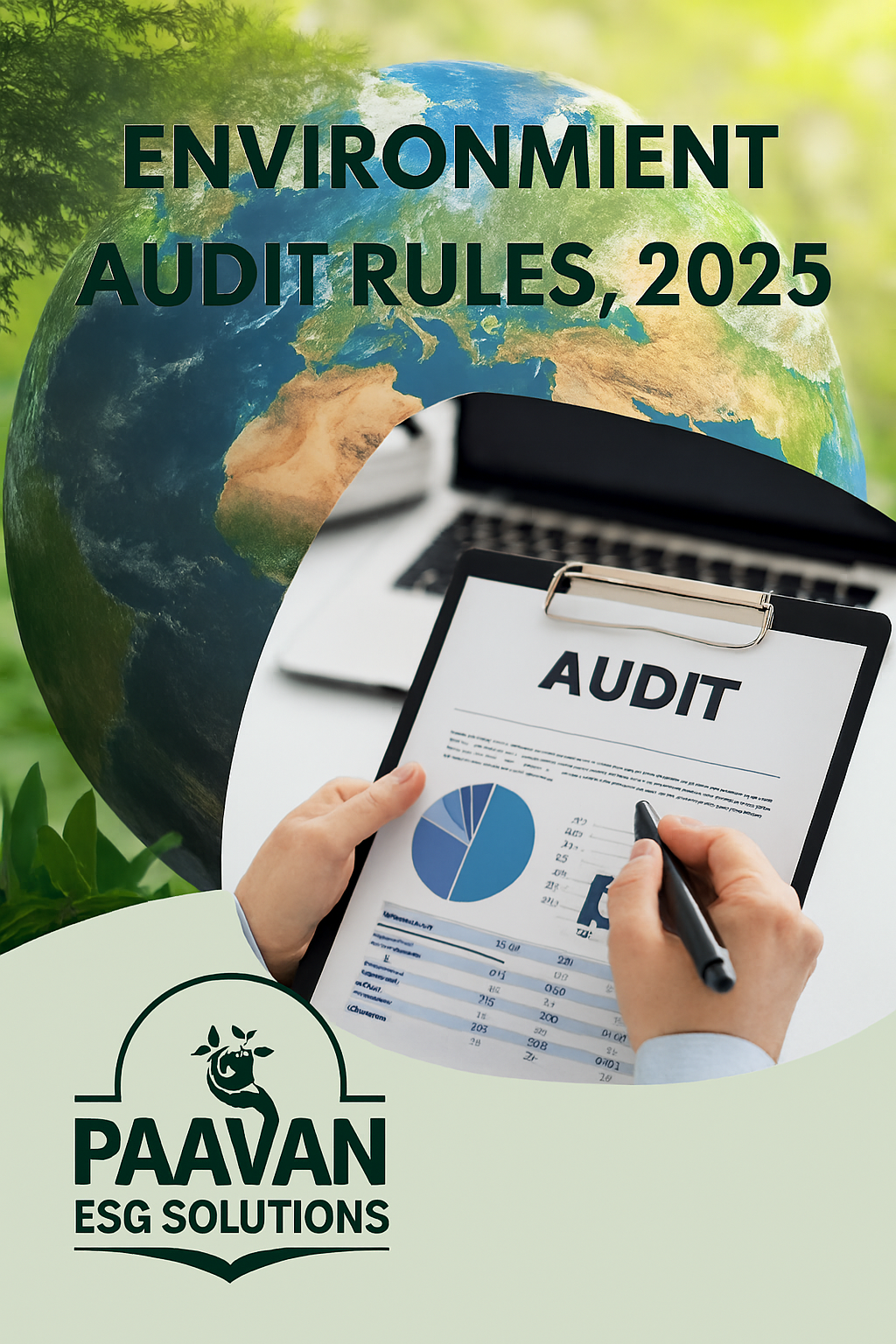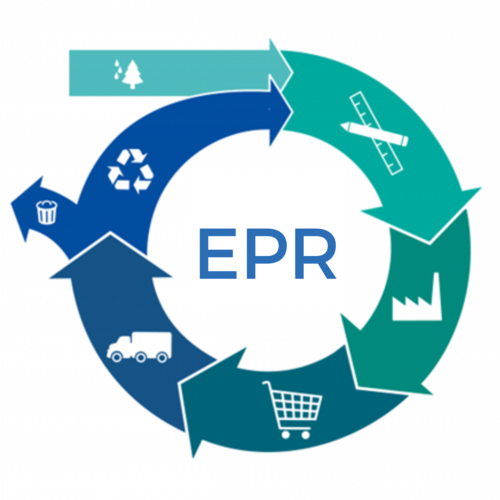12-June-2025
Strengthening Urban Safety through Digital Innovation: Maharashtra’s Progressive Amendments to Fire Safety Rules
The Government of Maharashtra has issued a comprehensive notification introducing pivotal changes to the Maharashtra Fire Prevention and Life Safety Measures Rules, 2009. These amendments reflect a forward-thinking strategy to enhance fire safety infrastructure across the state by incorporating digital systems, increasing accountability, and aligning with national standards.
Key Highlights of the Amendment:
- Automated Continuous Monitoring System (ACMS): The introduction of ACMS powered by IoT enables real-time monitoring of fire protection systems. This proactive system ensures prompt identification and response to fire risks, especially in critical infrastructure and high-rise buildings.
- Mandatory Biannual Certification: All fire safety systems must now undergo certification in January and July by licensed professionals, ensuring that installations remain functional and compliant throughout the year.
- Enhanced Role of Fire and Life Safety Auditors: The rules define qualifications and responsibilities for certified auditors, emphasizing 360-degree risk assessments and digital audit submissions, reinforcing transparency and traceability.
- Updated Terminology and Licensing: Terminologies such as "Fire and Emergency Services Fees" have been standardized across forms. Importantly, the validity of licenses has been extended from one year to two, reducing administrative burdens.
- Integration with National Codes: The amendments ensure stronger alignment with the National Building Code and relevant Indian Standards, supporting a consistent compliance framework across jurisdictions.
- Phased Implementation of ACMS:
- Phase I mandates implementation of ACMS by all designated occupancies.
- Phase II introduces advanced integration, including direct alert mechanisms to local fire services, enhancing emergency response efficiency.
- Digital Transformation in Certification: New digital forms for certification, licensing, and audit reporting foster ease of compliance and improve process governance.









